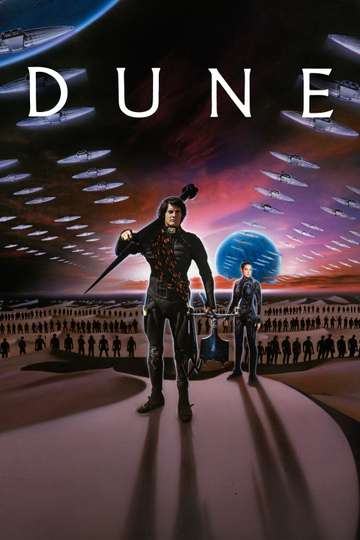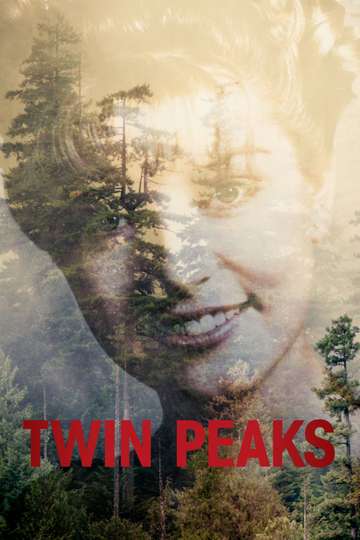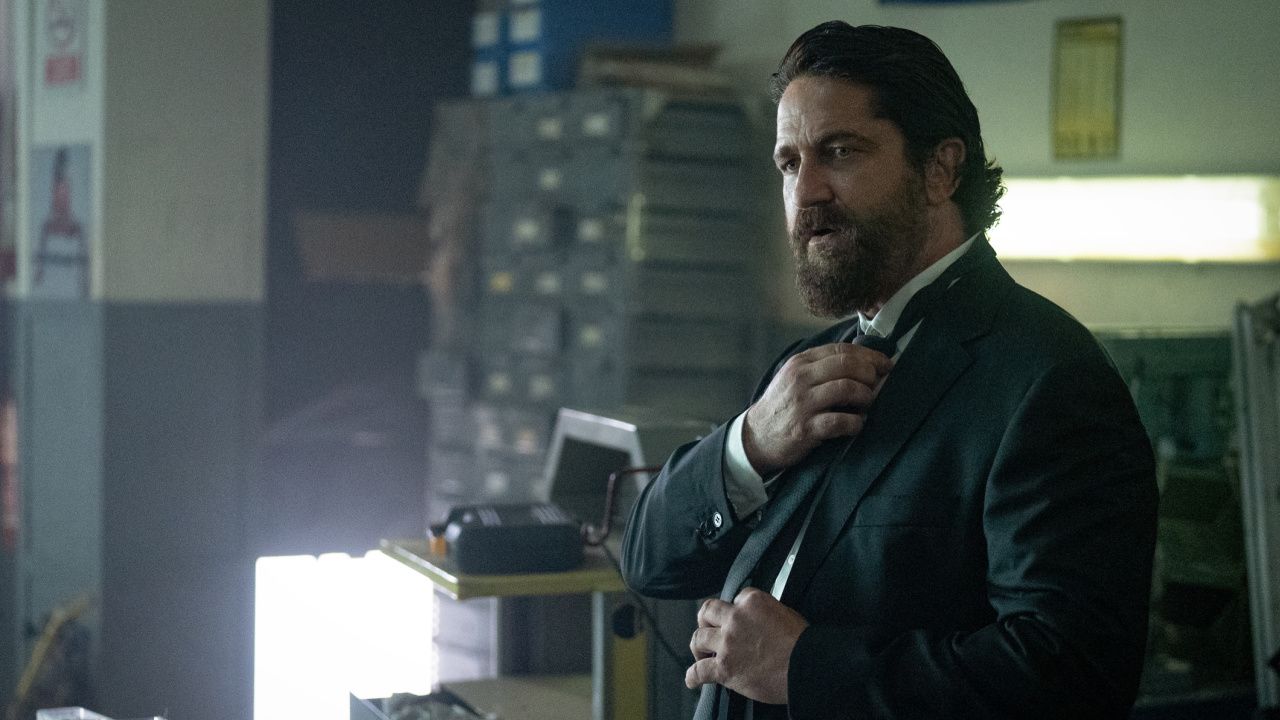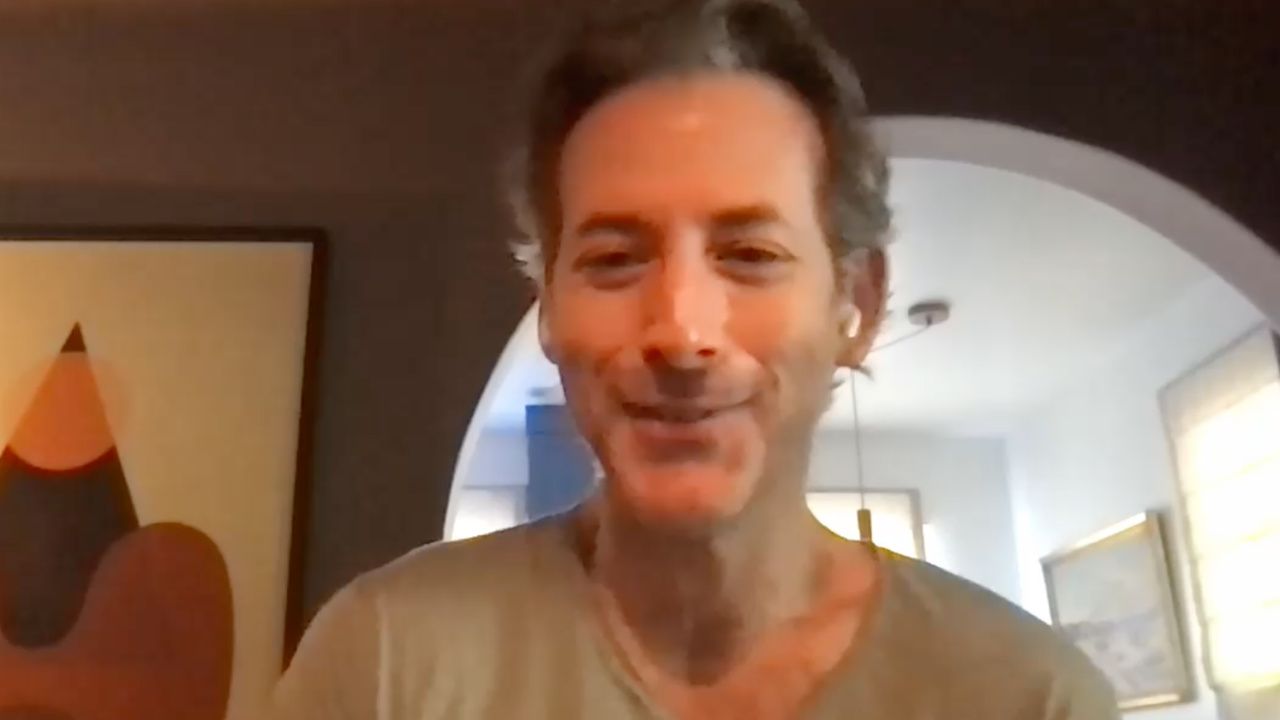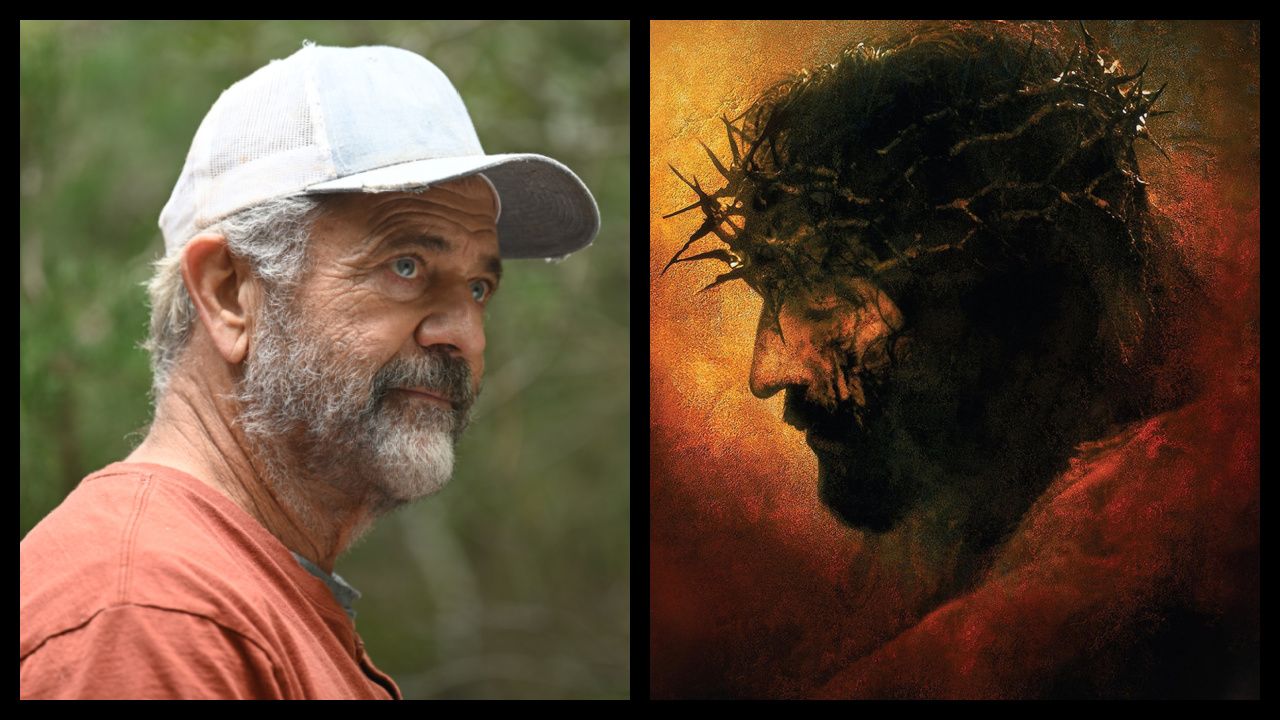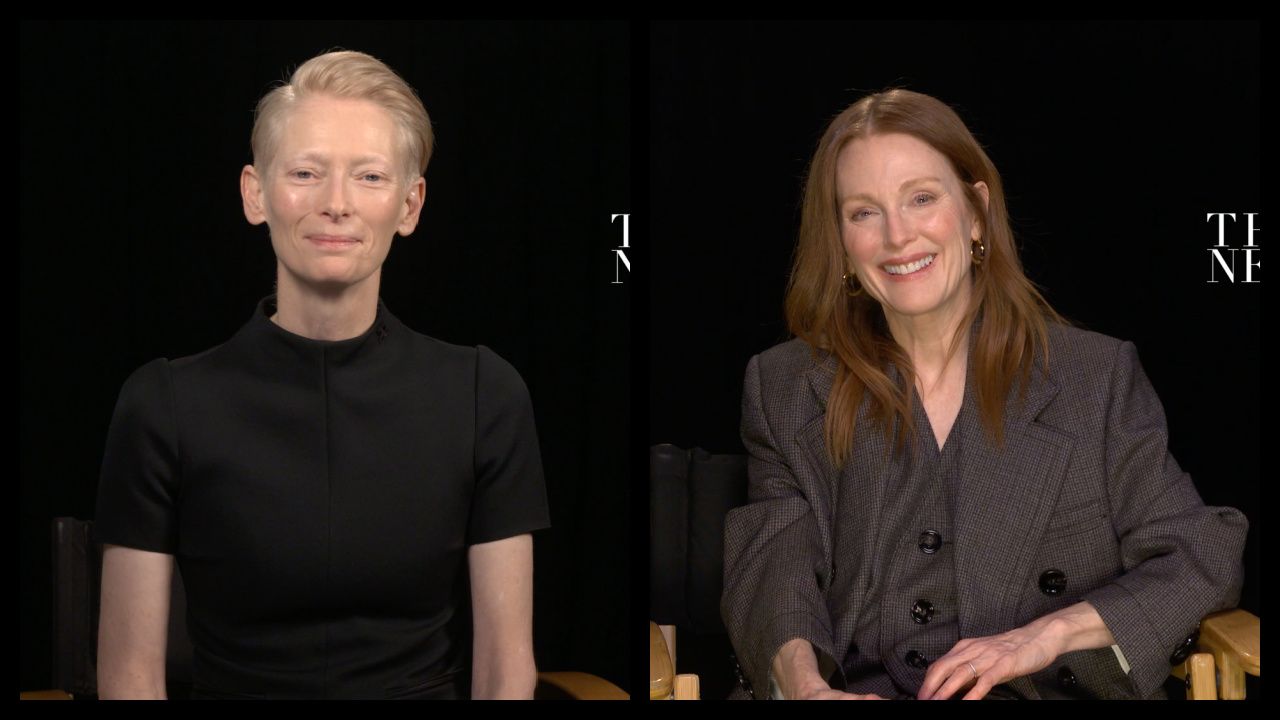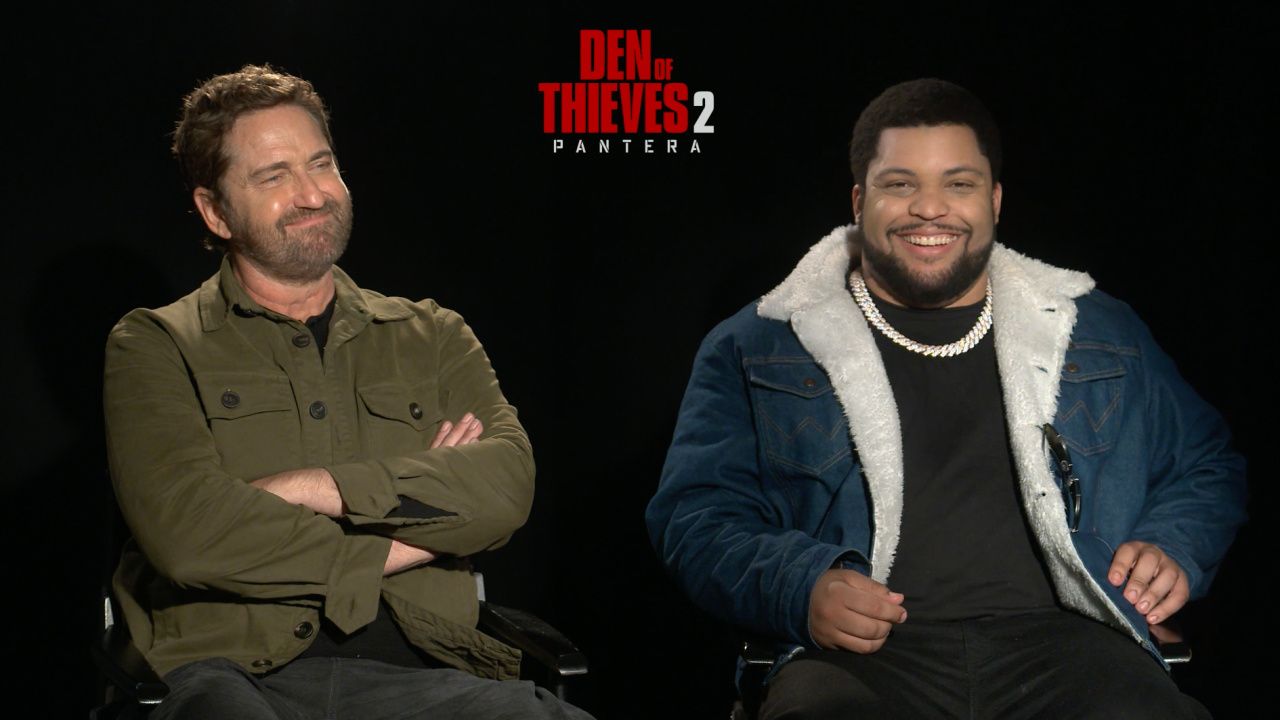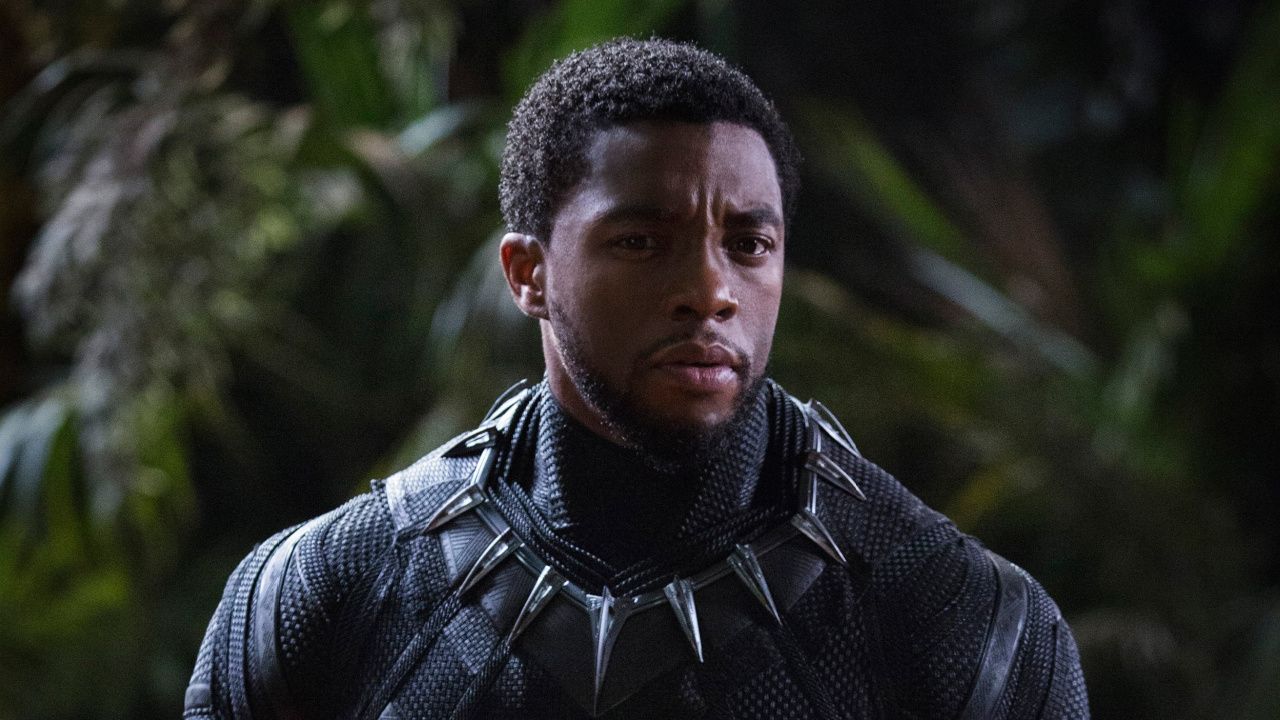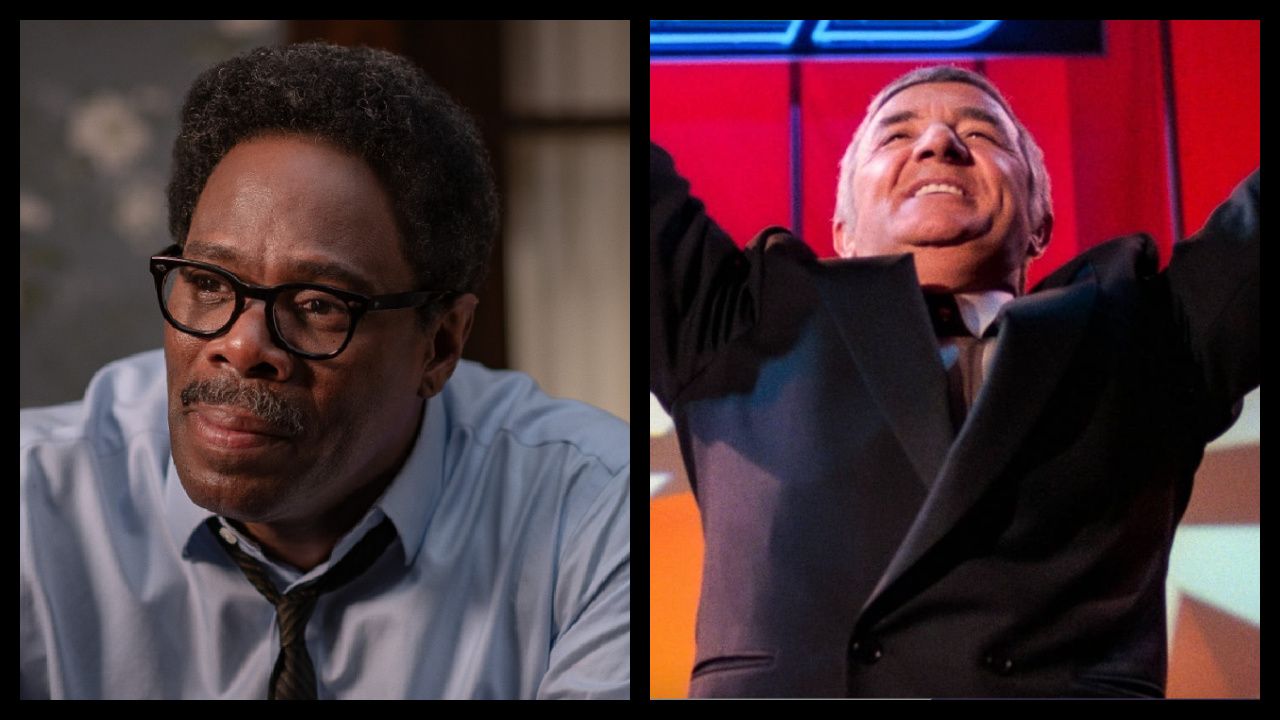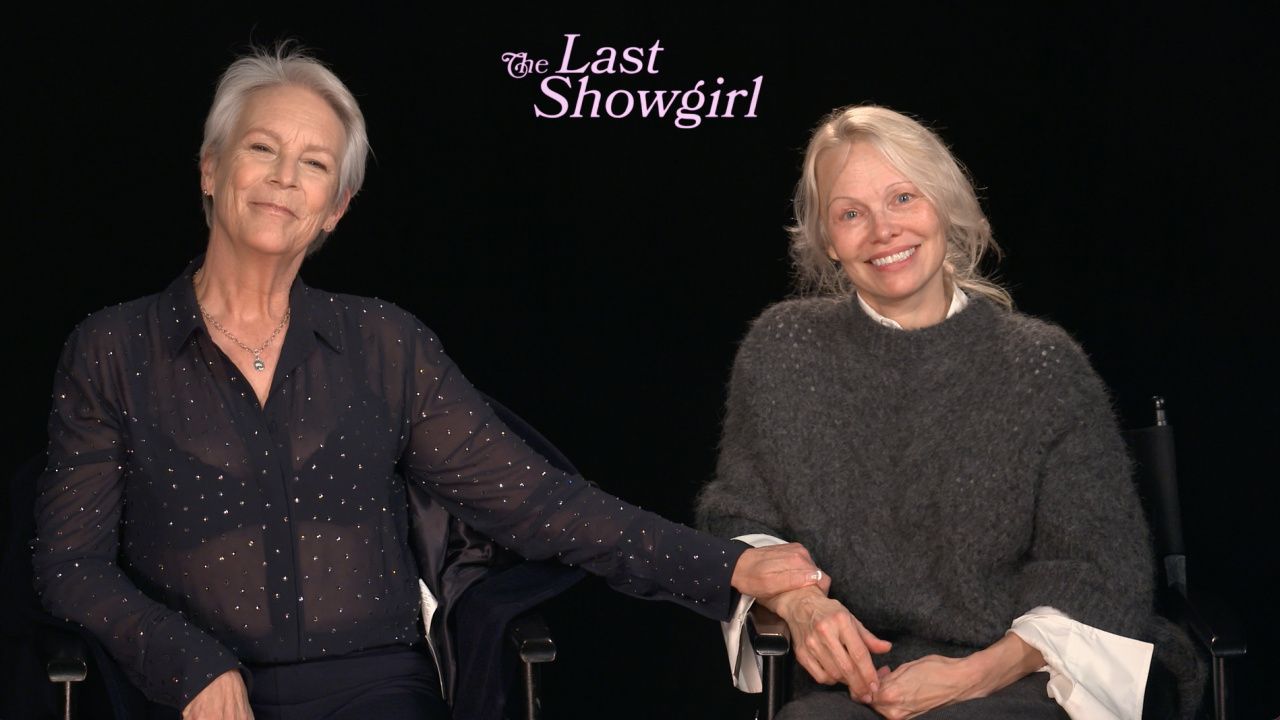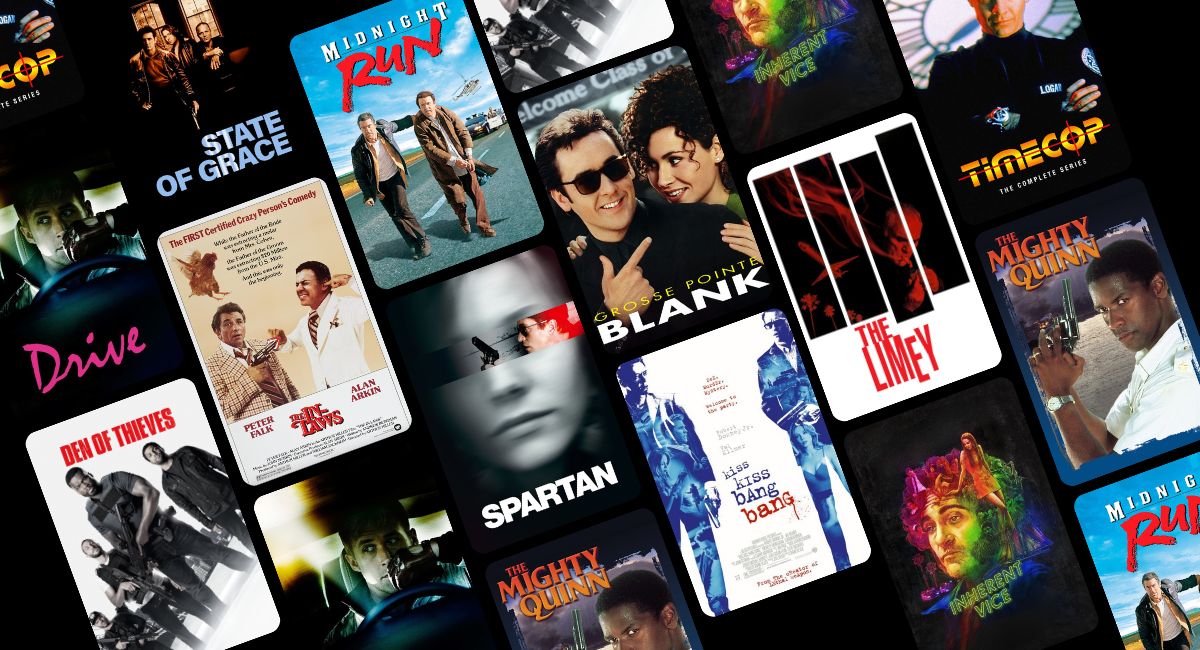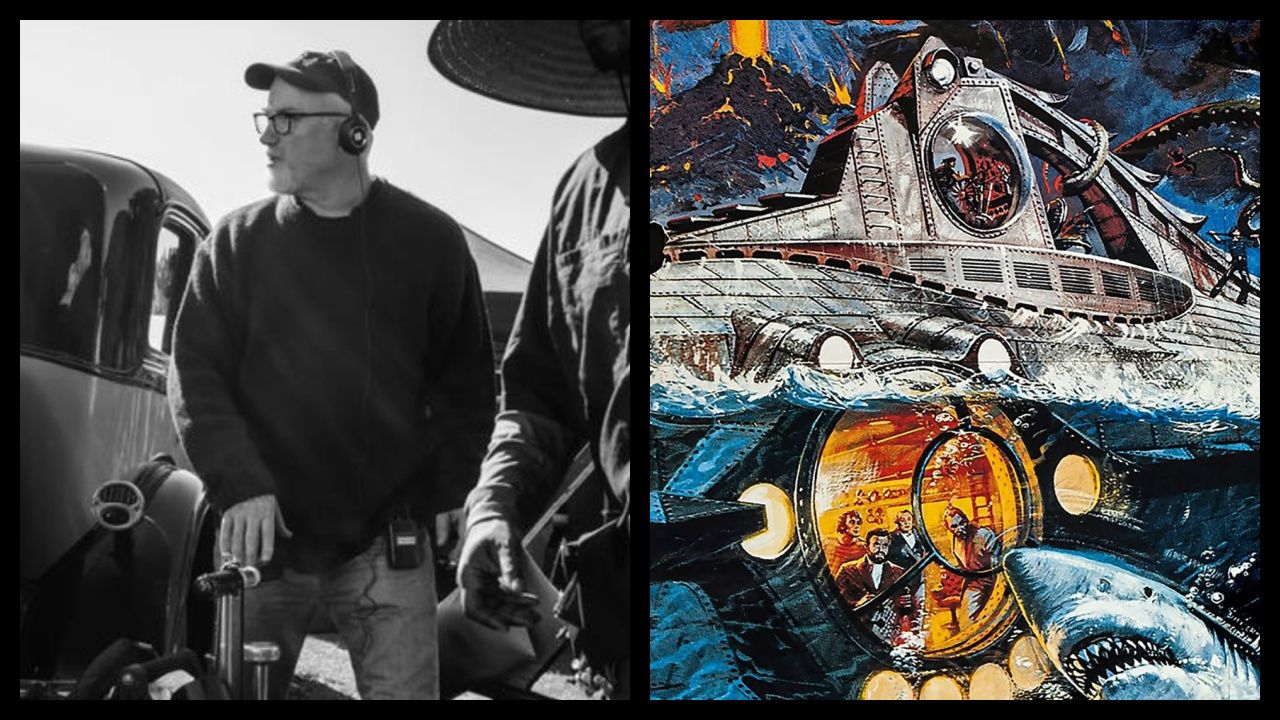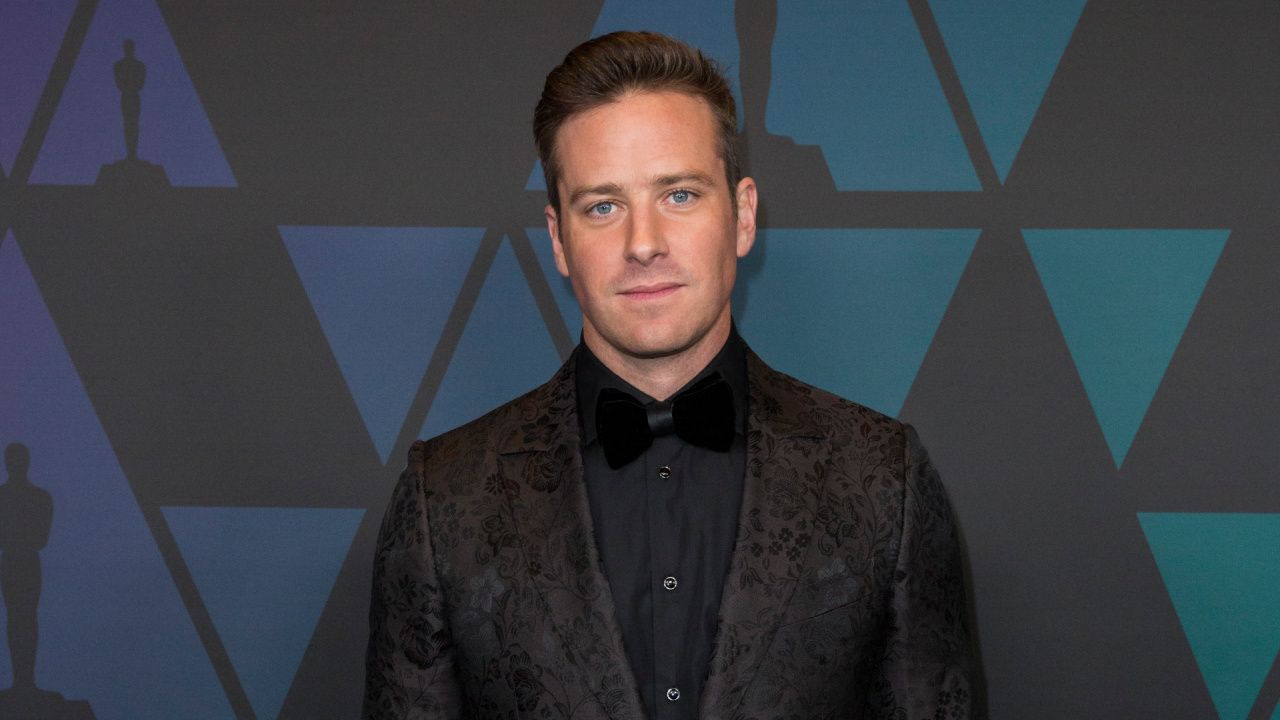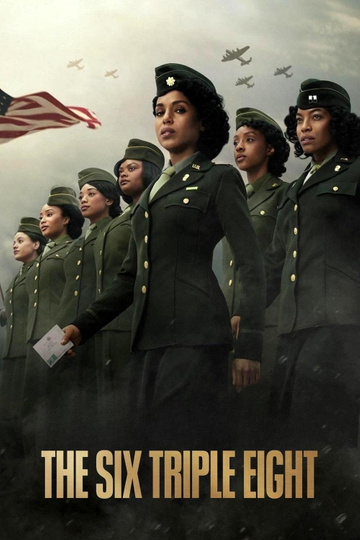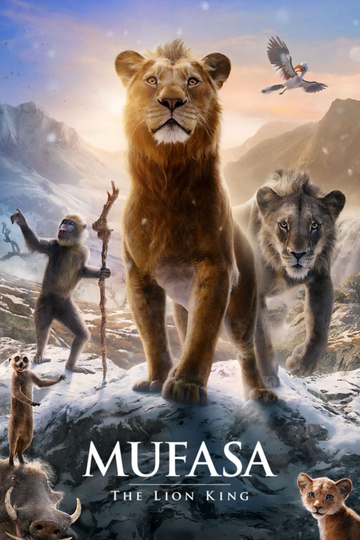David Lynch, Director of ‘Blue Velvet,’ ‘Twin Peaks’ and Much More has Died Aged 78
The creative mind behind cult classics such as ‘The Elephant Man,’ ‘Eraserhead’ and ‘Mulholland Drive’ has died.
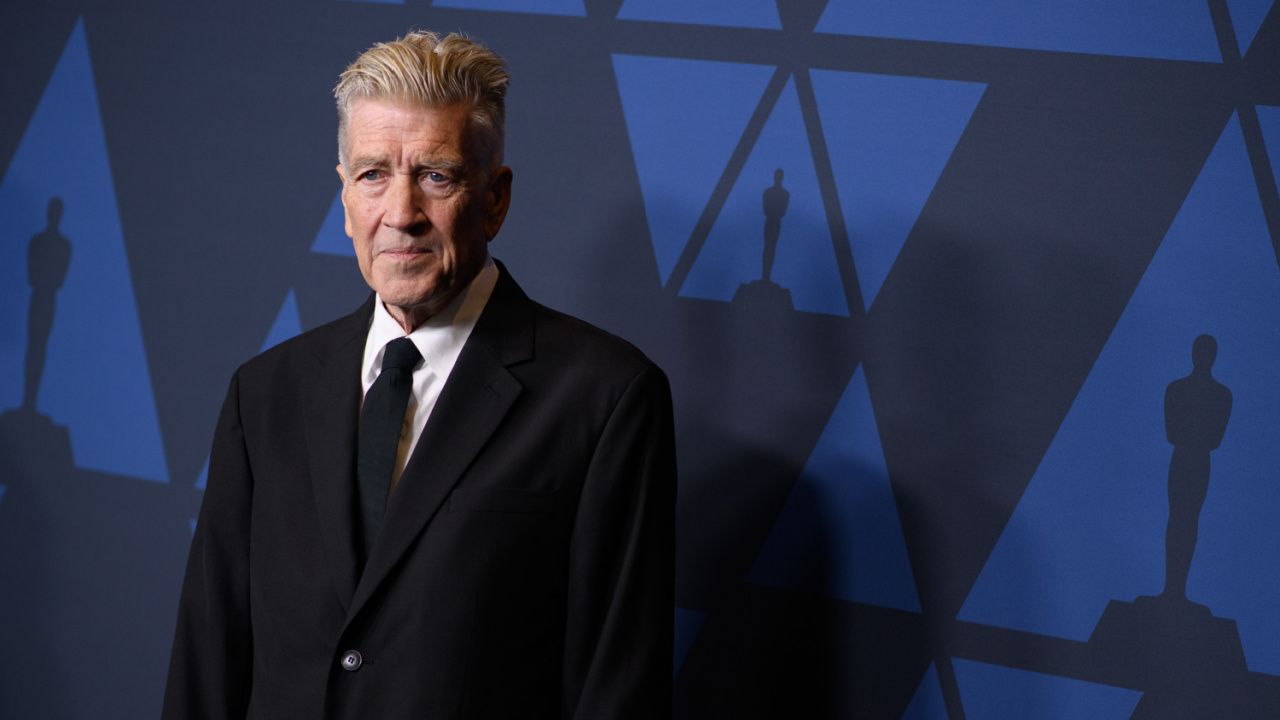
Honorary Award recipient David Lynch attends the Academy’s 2019 Annual Governors Awards in The Ray Dolby Ballroom on Sunday, October 27, 2019, in Hollywood, CA. Credit/Provider: Todd Wawrychuk / ©A.M.P.A.S. Copyright: ©A.M.P.A.S.
Preview:
- Film visionary David Lynch has died aged 78.
- The four-time Oscar nominee was known for his bold, sometimes divisive work.
- He had been diagnosed with emphysema.
David Lynch, one of the singular voices of American cinema in the last few decades, has died. He was 78.
Lynch, who brought strange visions and complicated characters to the screen in his various movies and TV efforts, was known for dreamlike ruminations and left-turns. And in recent years, for providing a daily broadcast featuring weather reports –– just because.
He revealed last year that he had been diagnosed with emphysema after a lifetime of smoking and would likely not be able to leave his house to direct any longer. He was forced to relocate from his house due to the Sunset Fire and then his health took a turn for the worse.
Lynch’s family released a statement on his passing:
“It is with deep regret that we, his family, announce the passing of the man and the artist, David Lynch. We would appreciate some privacy at this time. There’s a big hole in the world now that he’s no longer with us. But, as he would say, ‘Keep your eye on the donut and not on the hole.’ It’s a beautiful day with golden sunshine and blue skies all the way.”
David Lynch: Early Life and Career
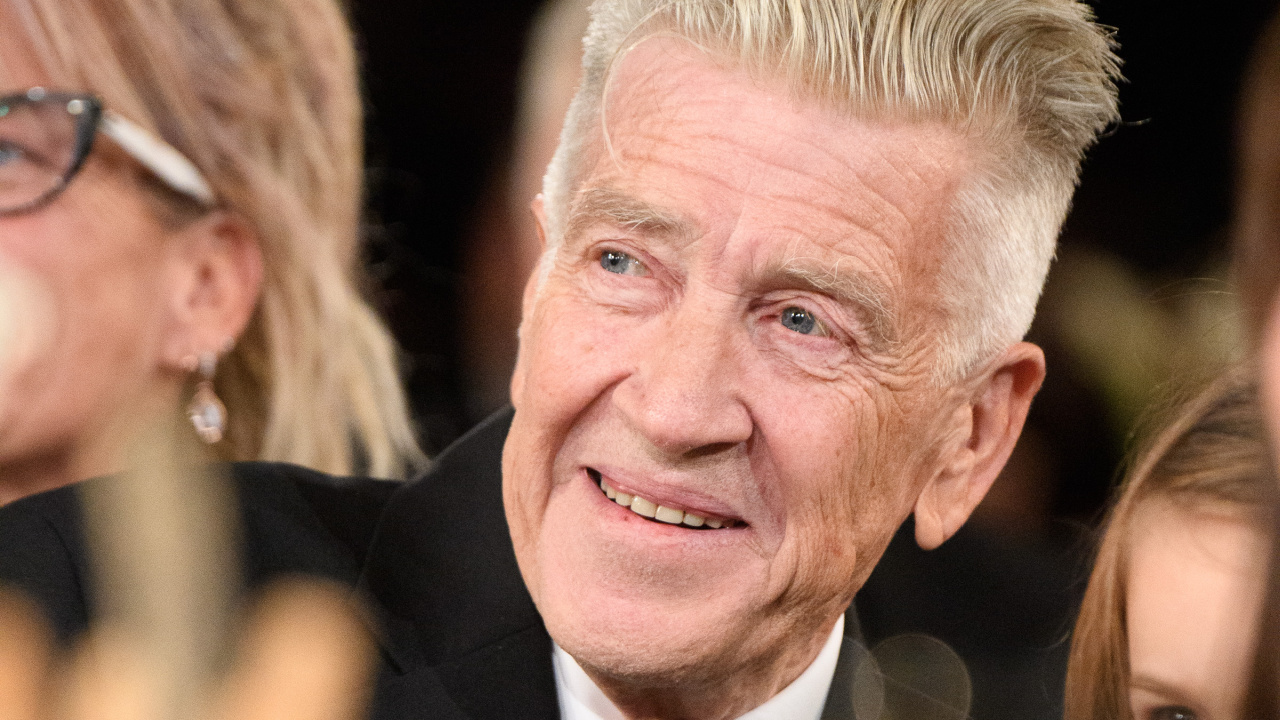
Honorary Award recipient David Lynch at the 2019 Governors Awards in The Ray Dolby Ballroom on Sunday, October 27, 2019, in Hollywood, CA. Credit/Provider: Matt Petit / ©A.M.P.A.S. Copyright; ©A.M.P.A.S.
David Keith Lynch was born on January 20th, 1946, in Missoula, Montana the son of a research scientist father with the U.S. Forest Service, who moved the family frequently during Lynch’s childhood.
Art was always on Lynch’s mind. His early ambition was to become a painter, and, after graduating from high school in Alexandria, Virginia, he enrolled at the School of the Museum of Fine Arts in Boston. He later studied at the Pennsylvania Academy of the Fine Arts.
There he created his first film, a 60-second animation entitled ‘Six Men Getting Sick’ in 1967, for an experimental painting and sculpture contest. In 1970 Lynch became a student at the American Film Institute’s Center for Advanced Film Studies (later the AFI Conservatory), where he worked on a variety of short films before he embarked on his first feature film, ‘Eraserhead.’
Shot over a period of a few years, the hallucinatory film starred Jack Nance as Henry Spencer, who tries to survive his industrial environment, his angry girlfriend, and the unbearable screams of his newborn mutant child.
It baffled and repelled critics and many viewers, but it eventually became a cult favorite on the midnight movie circuit. It also established his commitment to uncompromising style and concepts.
David Lynch: On the big screen
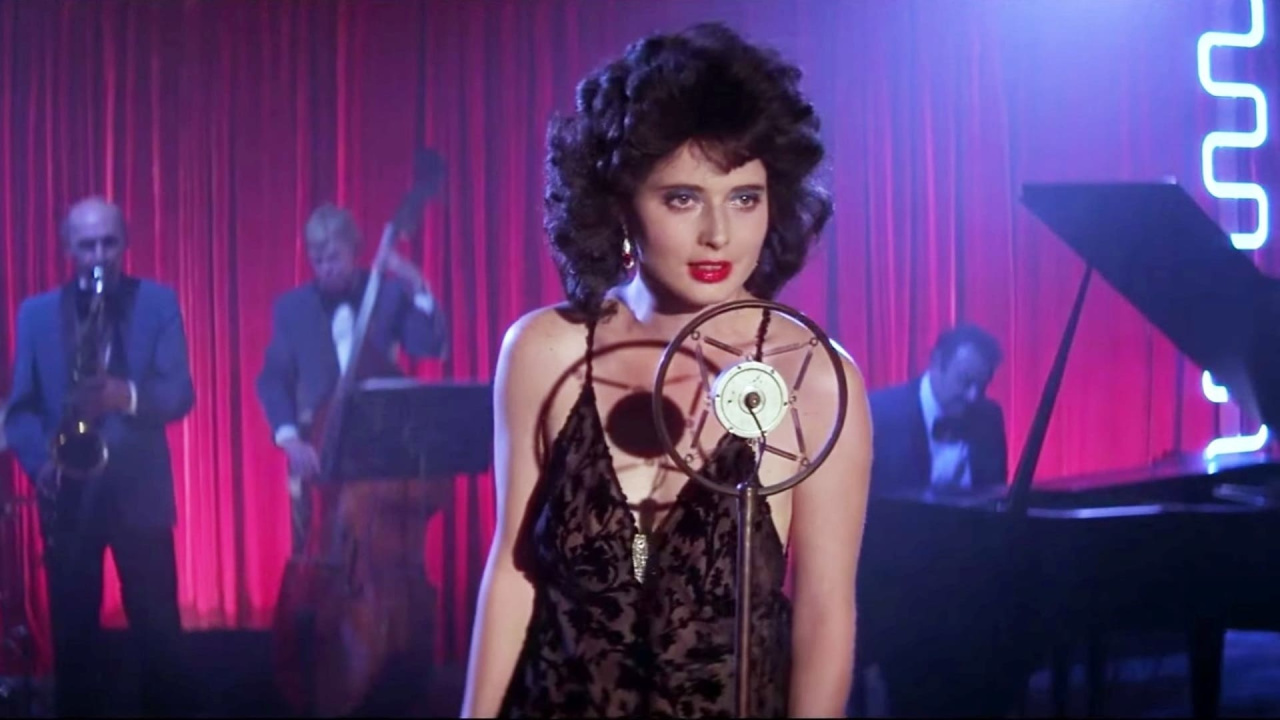
Isabella Rossellini in 'Blue Velvet'. Photo: De Laurentiis Entertainment Group.
One person who appreciated ‘Eraserhead’ at a midnight show at L.A.’s Nuart Theatre was Stuart Cornfeld, a producer at Mel Brooks’ Brooksfilms. He encouraged Brooks to employ Lynch, and, after viewing the film, Brooks offered the director a job.
Lynch took on the story of John Merrick, whose sensational life story had already inspired Bernard Pomerance’s hit 1977 play. The film version of ‘The Elephant Man’ forged a new path on the story, co-written by Lynch and starring a heavily made-up John Hurt as the sensitive Merrick, Anthony Hopkins as the London Hospital surgeon who became his guardian, and Brooks’ wife Anne Bancroft as a sympathetic West End stage star.
The movie had a powerful emotional impact and became a box office and critical hit; Lynch received Oscar nods as best director and for best adapted screenplay, with the film also taking a nomination for best picture.
‘The Elephant Man’s success led to a multi-picture deal with producer Dino De Laurentiis, the first of which was sci-fi misfire ‘Dune,’ an attempt to bring Frank Herbert’s sprawling novel series to the screen.
Dune
Yet his second film for De Laurentiis would define the contours of his style. ‘Blue Velvet’ starred Kyle McLachlan, who had played the messianic hero of ‘Dune,’ as a small-town boy who is plunged into a whirlpool of sexual violence, murder and sadomasochism.
Among his other cinematic achievements? 1990’s ‘Wild at Heart,’ 1997’s ‘Lost Highway’ and 1999’s distinctly different ‘The Straight Story,’ which saw Richard Farnsworth as Alvin Straight, a farmer who rides a lawnmower across country to visit his ailing brother. The movie landed Farnsworth an Oscar nomination.
Movies such as ‘Mulholland Drive’ and ‘Inland Empire’ were more in line with his unique visions, and while he didn’t direct a movie after ‘Inland Empire,’ he kept his hand in with shorts and video productions.
He leaves behind a legacy that will only grow in acclaim.
David Lynch: ‘Twin Peaks’ and TV
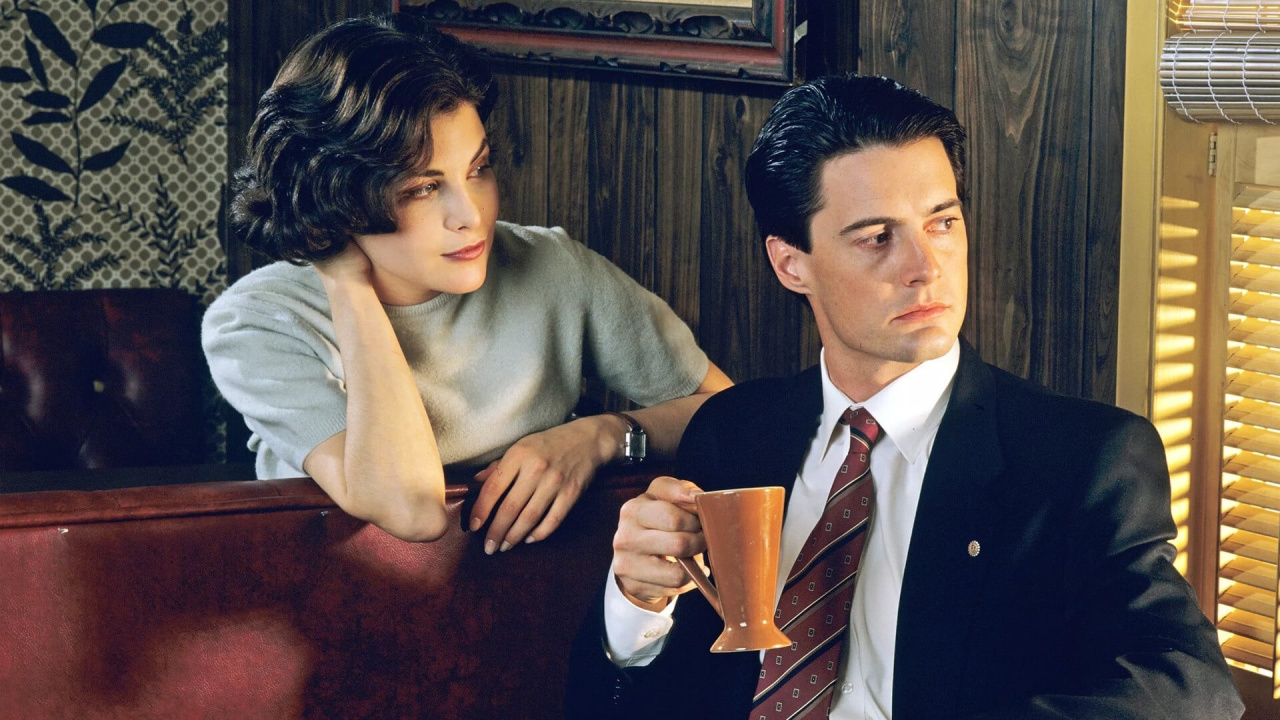
(L to R) Kyle MacLachlan and Lara Flynn Boyle in 'Twin Peaks'. Photo: ABC.
In 1990, Lynch revolutionized American network TV with ‘Twin Peaks,’ created with writer Mark Frost. Following the investigation of a high school girl’s mysterious murder in a Washington lumber mill town, the weekly ABC show explored disquieting, taboo subject matter and brought the inexplicable to modern narrative television.
A major hit in its first season, ‘Twin Peaks’ lost its momentum and ultimately its audience in its second.
Twin Peaks
However, it spawned a feature-length prequel, 1992’s ‘Twin Peaks: Fire Walk With Me’ and 25 years later, the ongoing affection of a loyal cult of fans sparked a limited-run third season for Showtime that picked up where the second season left off.
Lynch was rarely fond of digging into the meaning of his work, as this passage from the book ‘Lynch on Lynch,’ written with Chris Rodley, shows:
“Imagine if you did find a book of riddles, and you could start unraveling them, but they were really complicated. Mysteries would become apparent and thrill you. We all find this book of riddles and it’s just what’s going on. And you can figure them out. The problem is, you figure them out inside yourself, and even if you told somebody, they wouldn’t believe you or understand it in the same way you do.”
David Lynch: Actor
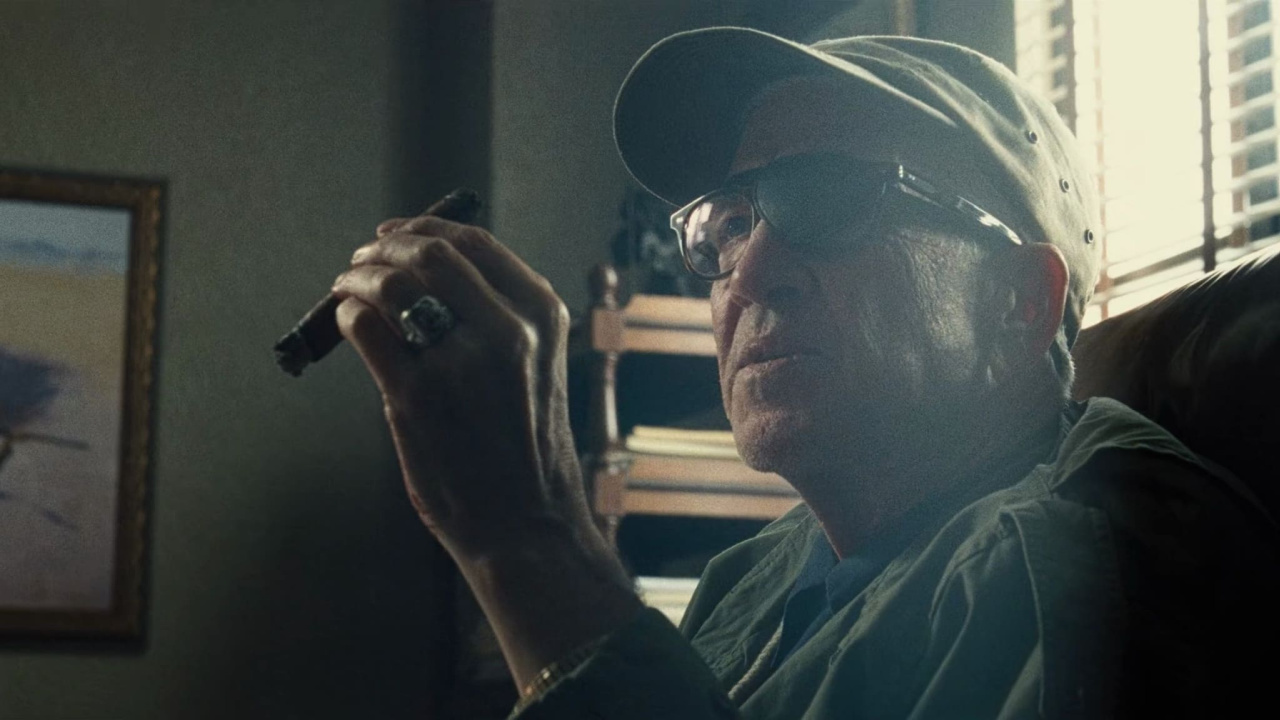
David Lynch as John Ford in 'The Fabelmans'. Photo: Universal Pictures.
Though he was more normally happier behind the camera, Lynch did end up making a variety of appearances in front of it, not the least his regular video updates.
He would pop up in his own work (mostly notably in ‘Twin Peaks’) and also in the films and shows of others, including ‘The Fabelmans,’ and lending his voice to the shows of Seth MacFarlane.
David Lynch: Tributes
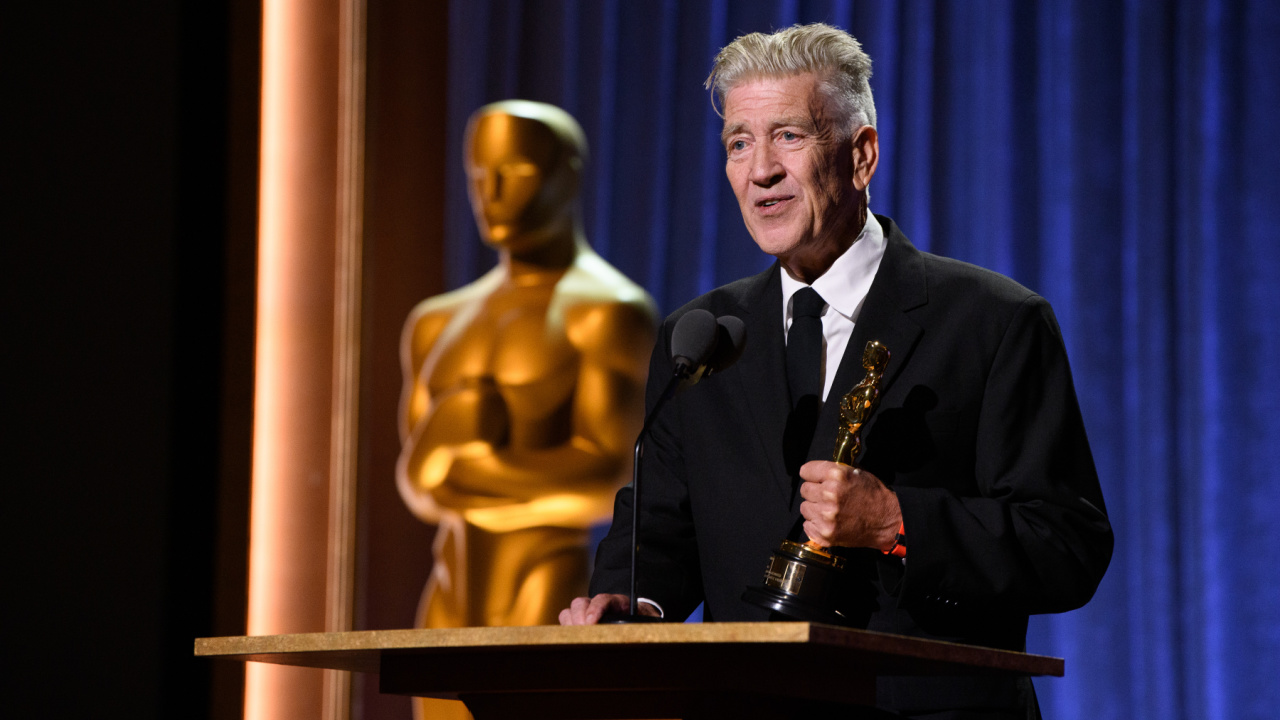
Honorary Award recipient David Lynch accepts the award at the 2019 Governors Awards in The Ray Dolby Ballroom on Sunday, October 27, 2019, in Hollywood, CA. Credit/Provider: Richard Harbaugh / ©A.M.P.A.S. Copyright: ©A.M.P.A.S.
Among those paying tribute were the likes of ‘Avengers: Endgame' Joe Russo, who hit social media:
No one saw the world like David Lynch. The world lost a master of cinema today.
RIP. pic.twitter.com/9CfdgADMo8
— Joe Russo (@joerussotweets) January 16, 2025
James Gunn also posted a warm tribute:
RIP David Lynch. You inspired so many of us. ❤️ pic.twitter.com/KkZ1WgmzyV
— James Gunn (@JamesGunn) January 16, 2025
Lynch was married several times. He and artist Peggy Reavey wed in 1968 and divorced in 1974. Three years later he married Mary Fisk, and that marriage lasted 10 years.
In 2006, Lynch and filmmaker Mary Sweeney wed and divorced. Lynch married actor Emily Stofle in 2009. He is survived by his three children, Jennifer, Austin and Riley.
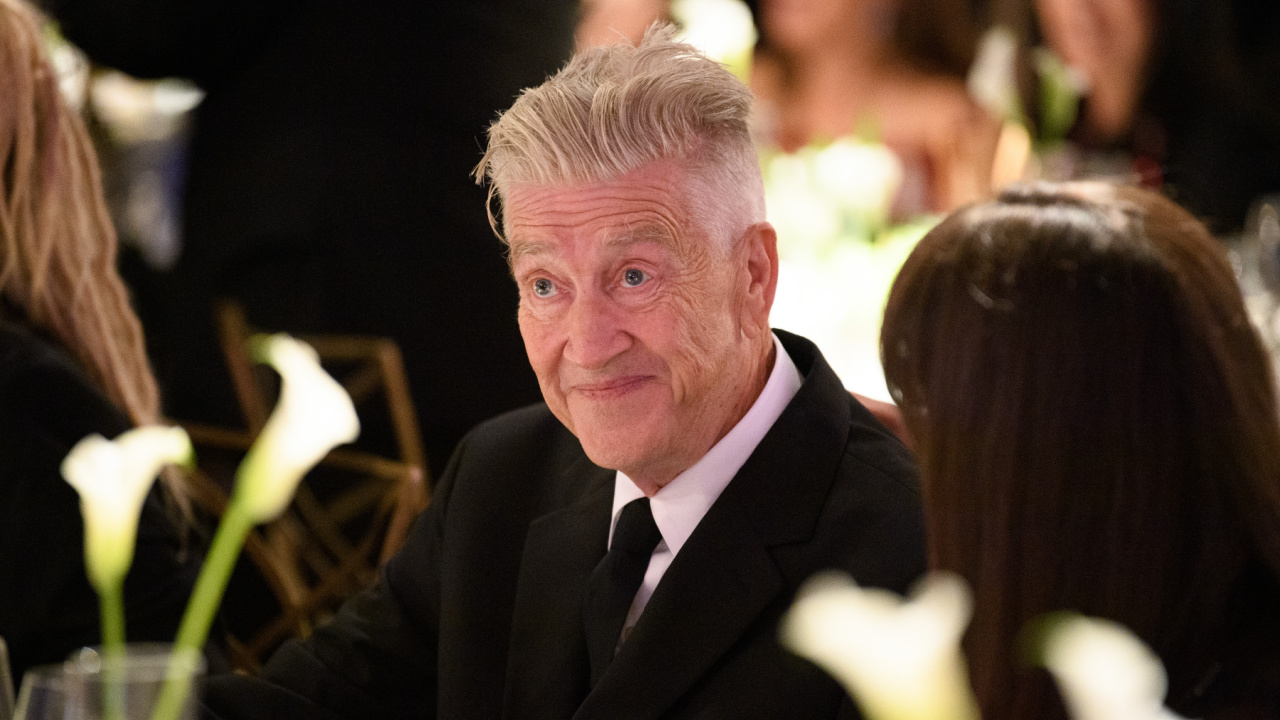
Honorary Award recipient David Lynch at the 2019 Governors Awards in The Ray Dolby Ballroom on Sunday, October 27, 2019, in Hollywood, CA. Credit/Provider: Richard Harbaugh / ©A.M.P.A.S. Copyright: ©A.M.P.A.S.
List of Movies and TV Shows Directed by David Lynch:
- 'Eraserhead' (1978)
- 'The Elephant Man' (1980)
- 'Dune' (1984)
- 'Blue Velvet' (1986)
- 'Wild at Heart' (1990)
- 'Twin Peaks' (1990 - 2017)
- 'Twin Peaks: Fire Walk with Me' (1992)
- 'On the Air' (1992)
- 'Hotel Room' (1993)
- 'Lost Highway' (1997)
- 'The Straight Story' (2000)
- 'Mulholland Drive' (2001)
- 'Inland Empire' (2023)
Buy David Lynch Movies on Amazon











